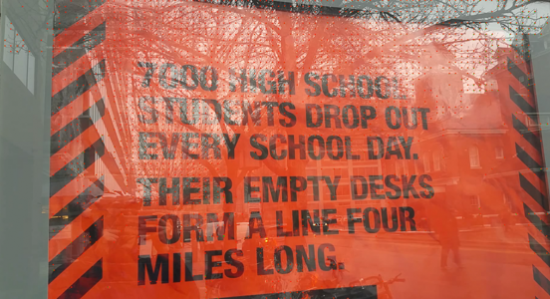Video Reflection Removal Through Spatio-Temporal Optimization
Publication
ICCV 2017
Authors
Ajay Nandoriya, Mohamed Elgharib, Changil Kim, Mohamed Hefeeda, and Wojciech Matusik

Abstract
Reflections can obstruct content during video capture and hence their removal is desirable. Current removal techniques are designed for still images, extracting only one reflection (foreground) and one background layer from the input. When extended to videos, unpleasant artifacts such as temporal flickering and incomplete separation are generated. We present a technique for video reflection removal by jointly solving for motion and separation. The novelty of our work is in our optimization formulation as well as the motion initialization strategy. We present a novel spatio-temporal optimization that takes n frames as input and directly estimates 2n frames as output, n for each layer. We aim to fully utilize spatio-temporal information in our objective terms. Our motion initialization is based on iterative frame-to-frame alignment instead of the direct alignment used by current approaches. We compare against advanced video extensions of the state of the art, and we significantly reduce temporal flickering and improve separation. In addition, we reduce image blur and recover moving objects more accurately. We validate our approach through subjective and objective evaluations on real and controlled data.
Paper
video-reflection-removal-through-tpatio-temporal-optimization.pdf